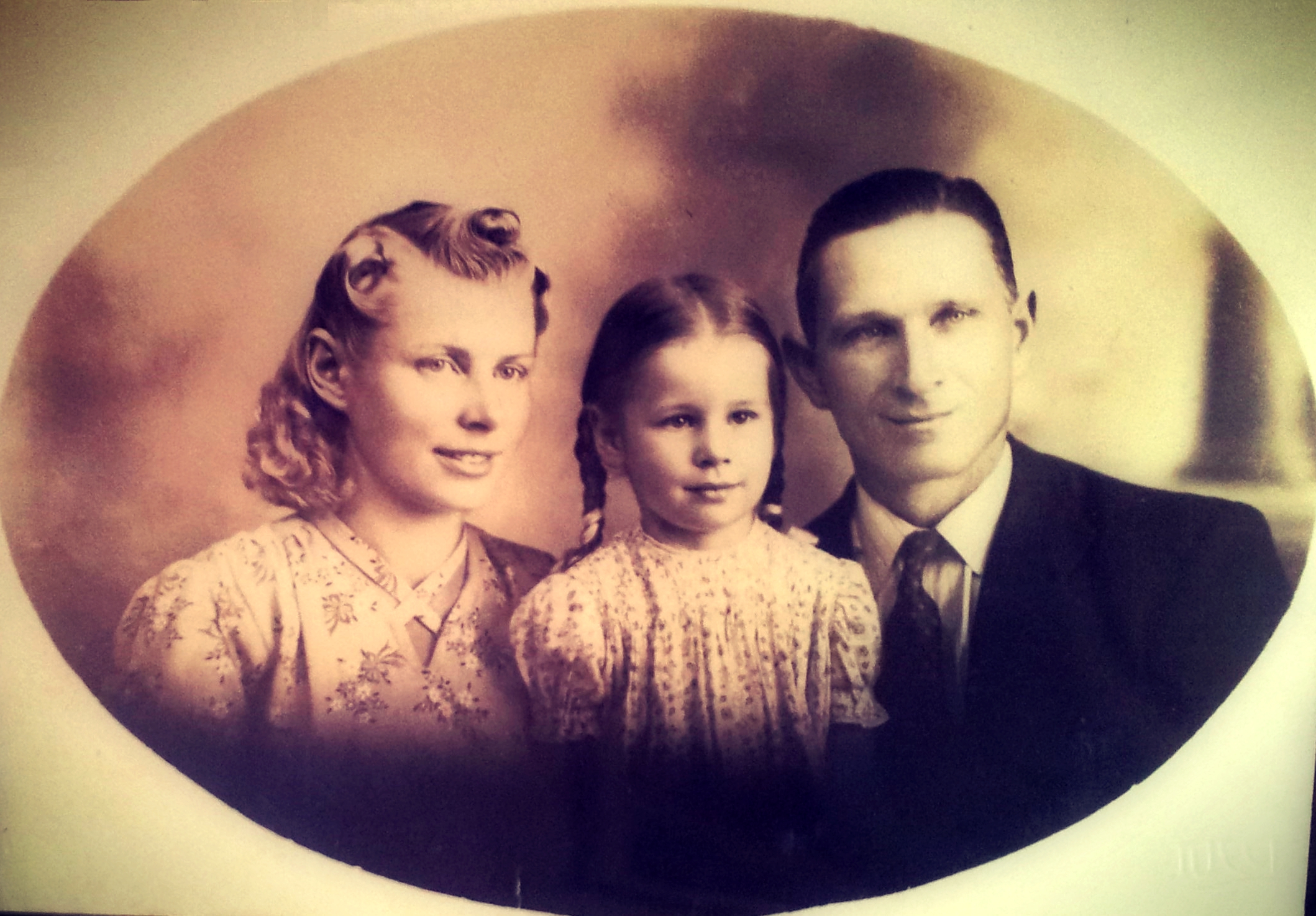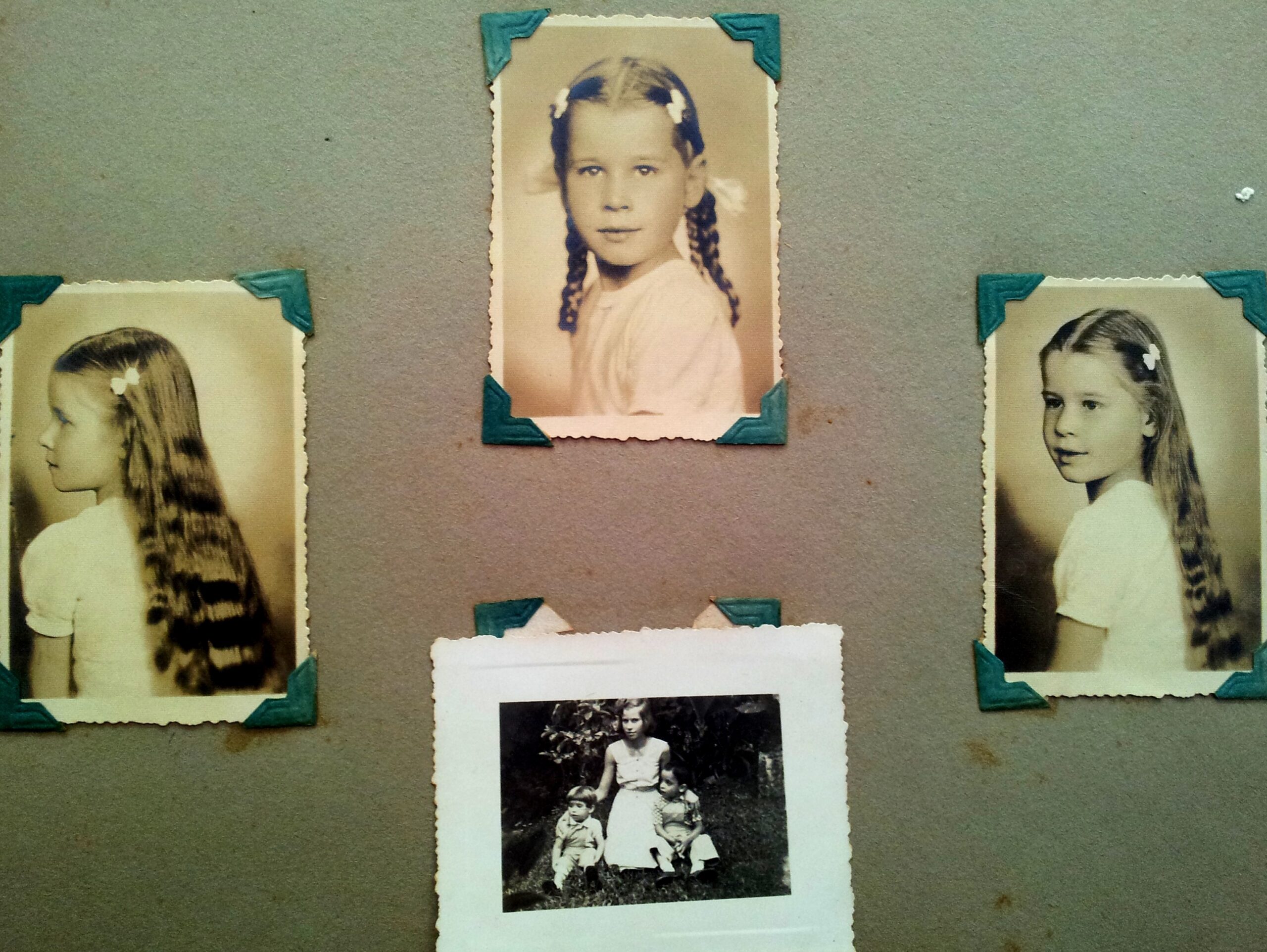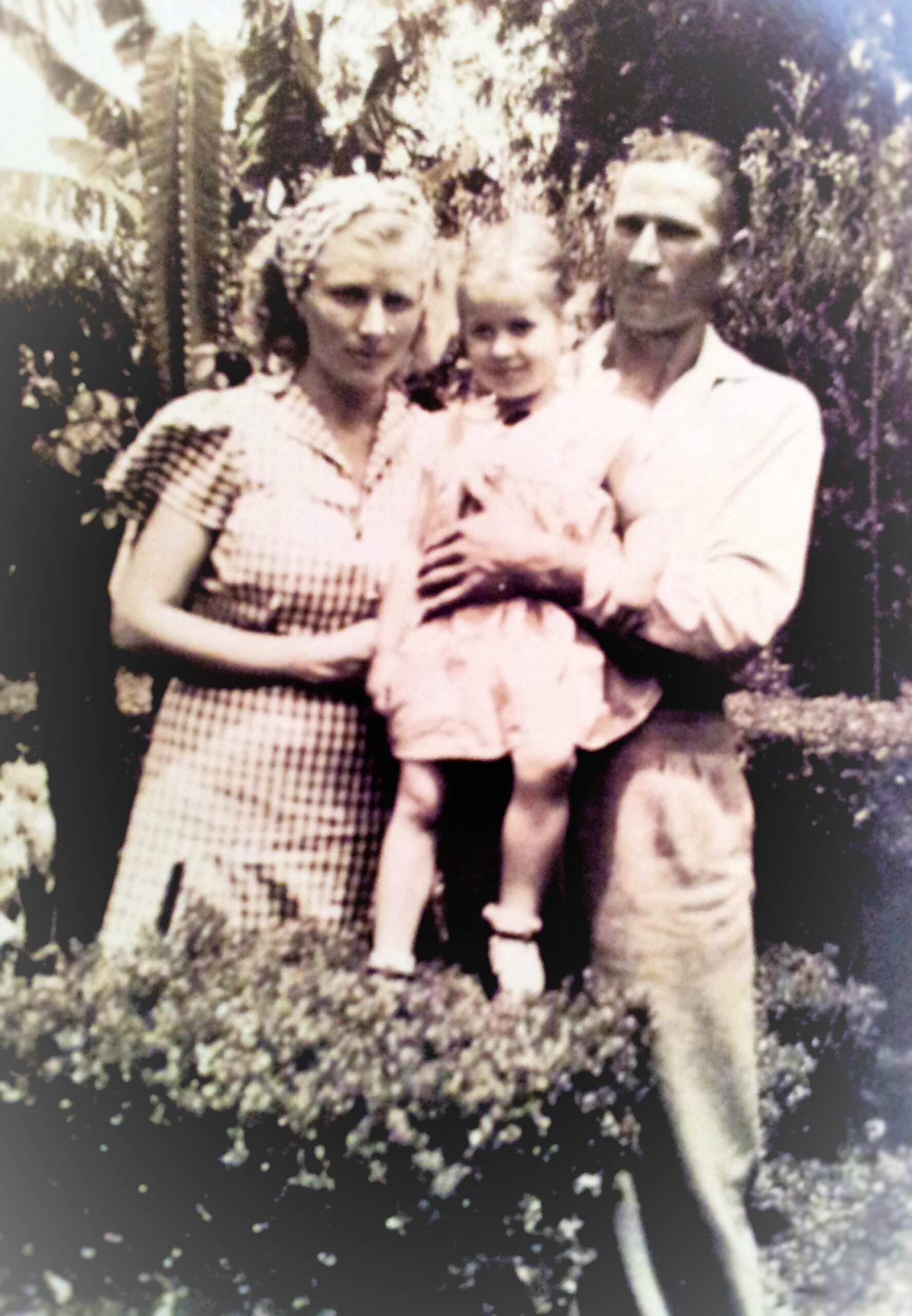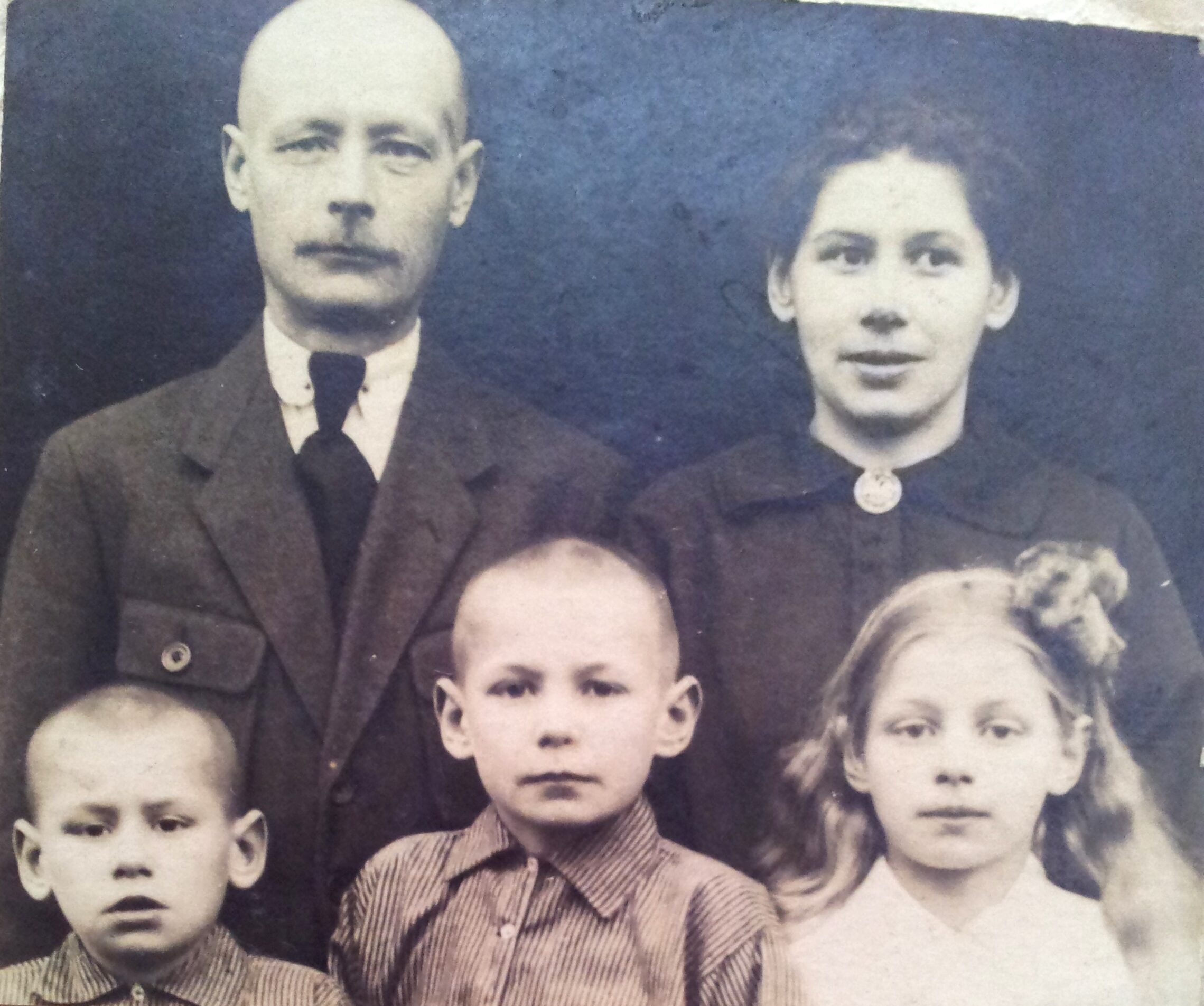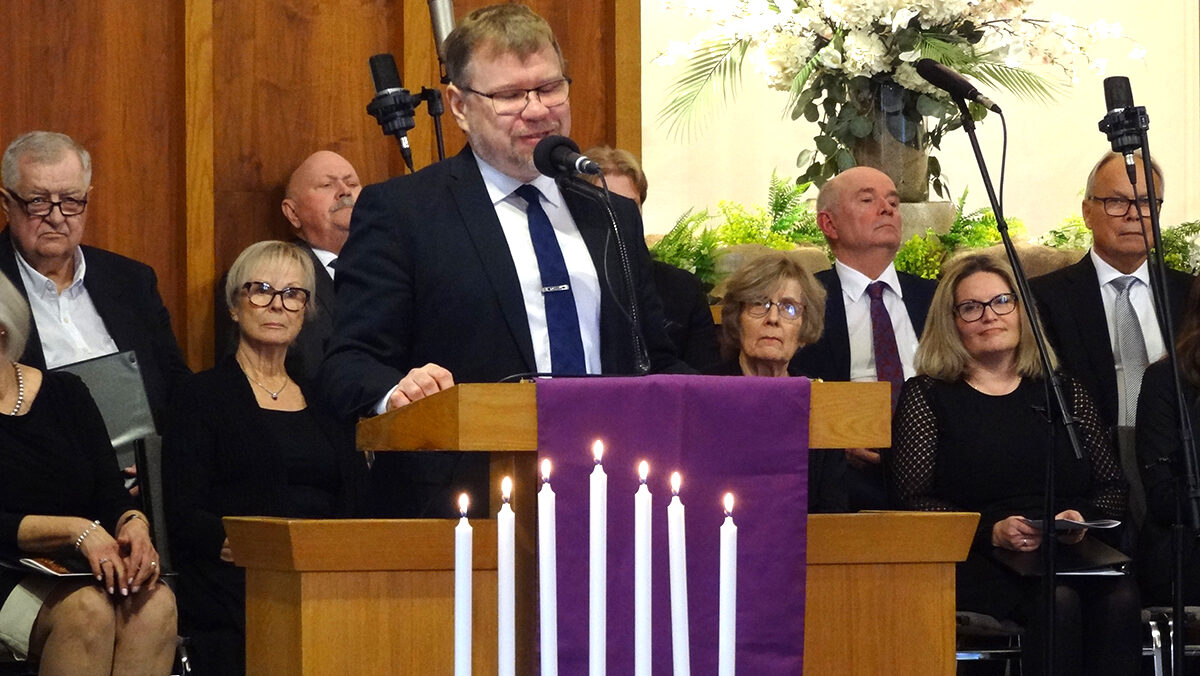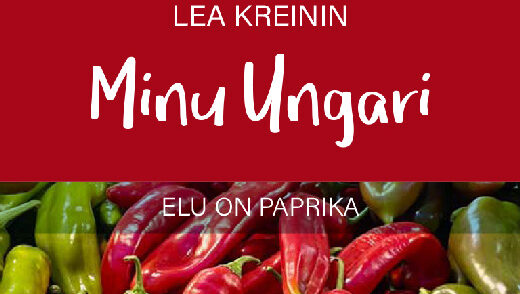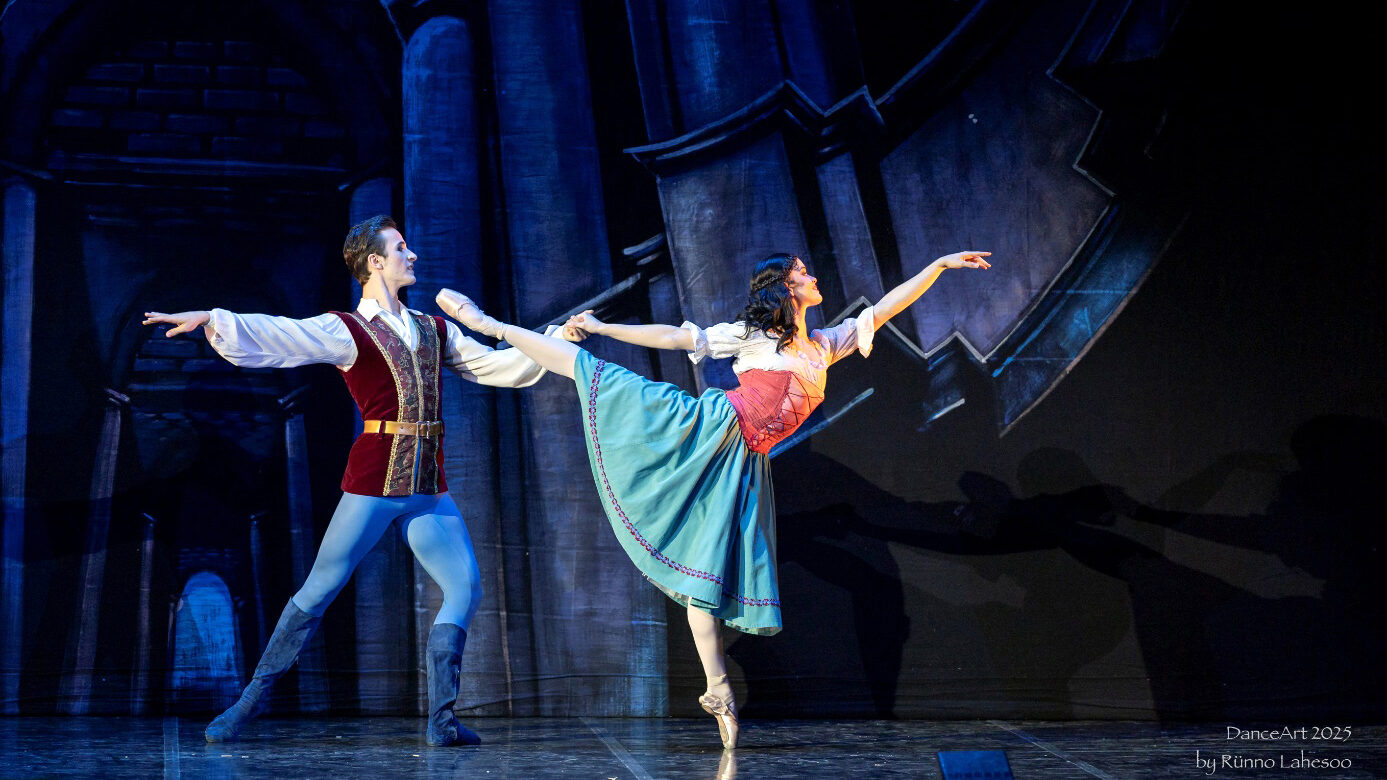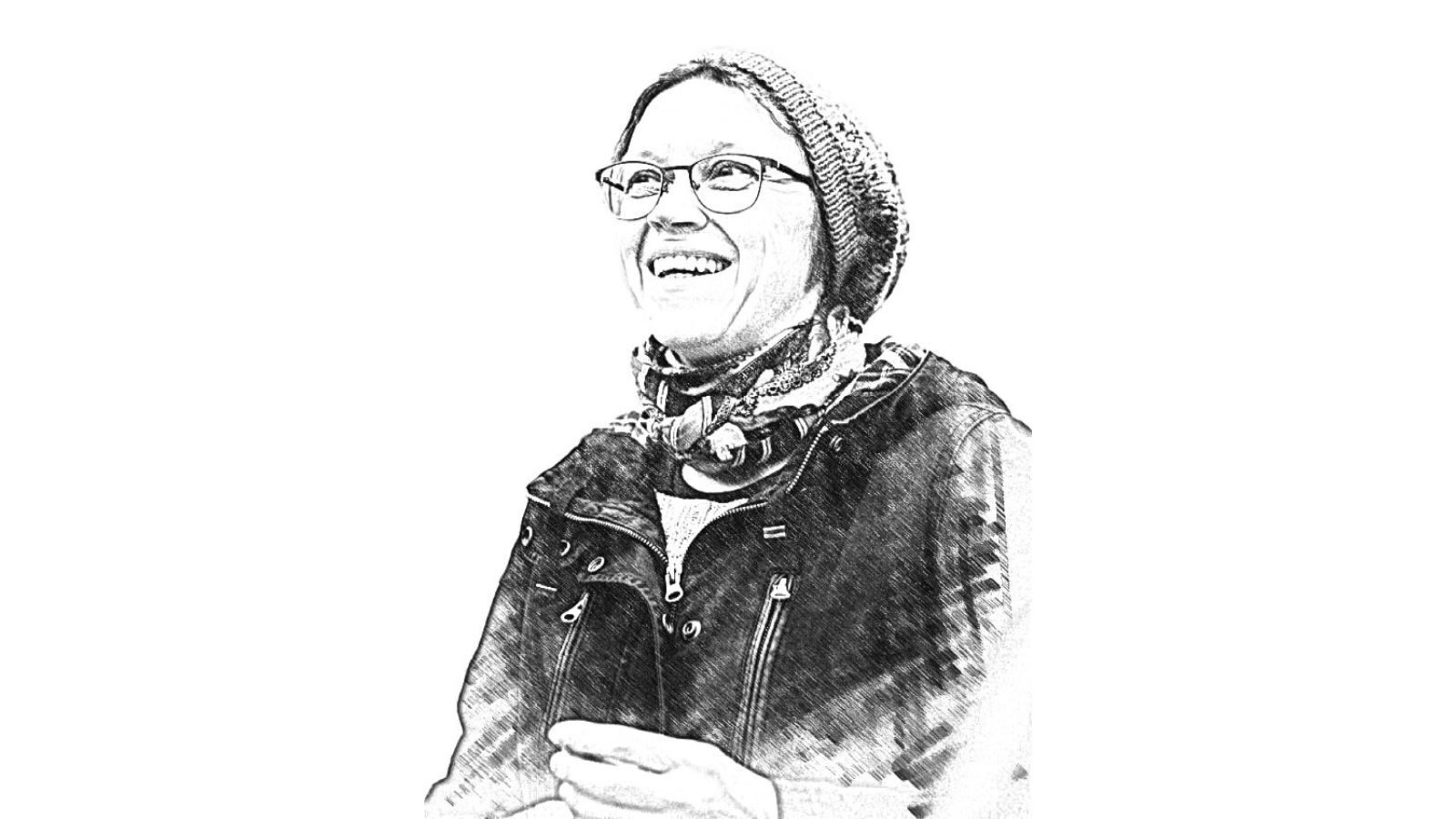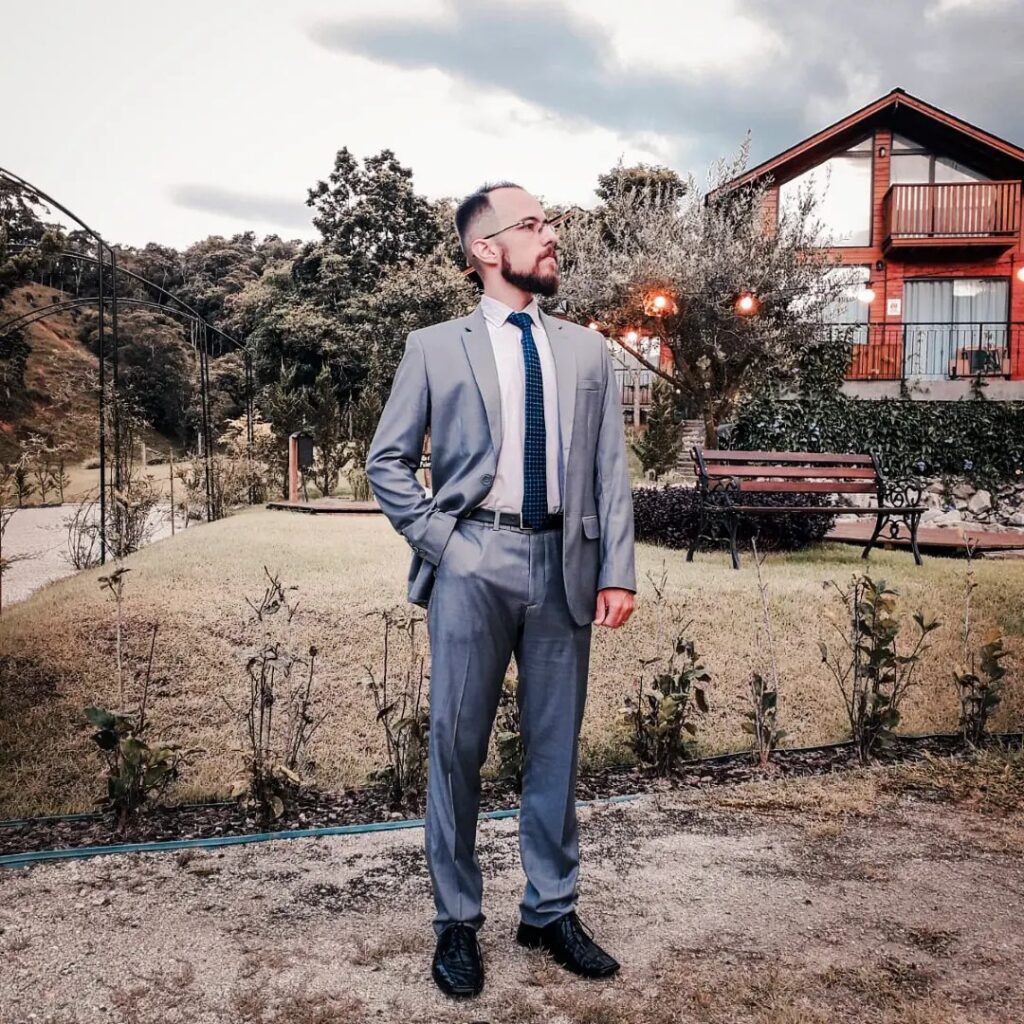
(Start from the beginning of this series here.)
Finally, I returned to my father’s home in search for answers. Mostly, however, I had to look for it on my own, although guided by the High. Crossing the threshold into the unknown, overcoming opponents and creating allies, I set out to conquer the legendary object, the lost city, the magical food, and managed to find the sacred texts, the old myths, the long stories. And like every ancient Estonian and every ancient man, I am philosophical but not pleonastic, sensitive but not concupiscible, religious but not superstitious.
I received a liberal arts education in art and religion in my youth, academic degrees in psychology and philosophy in adulthood, combined with the study of traditional texts such as The Pyramid Texts, the Rig Veda, the Poetic Edda, The Gathas, the Epics, the Bible and others. Reading, researching and translating the Book of Wisdom of Perun, the Book of Veles, and Kalevipoeg have given me the necessary power to reclaim the ancient purpose, which is mine, which is before me and which after me will continue.
If today I am a fulfilled man, in great physical and mental health, in a real happy marriage, a real worker, a real educator, and a real writer, devoted to the real values and worldview that are mine, I owe it purely and completely to the conquest of my ideal, my universal, my most proper and spiritually true substance. Absolute, superior.
“But one day a vast fire will break out on both sides of the rock and melt it, when the Kalevide will withdraw his hand, and return to earth to inaugurate a new day of prosperity for the Esthonians.”
(Kalevipoeg, o épico da Estônia, Kalevipoeg, the Estonian epic, Canto XX.)
So says the old prophecy and such are the ancient images that I am the first to translate and present to the Portuguese-speaking world, one of the few to know and one of the very rare to handle without pseudoscience, without ideology and without hysteria in the contemporary West, still so profoundly and conveniently ignorant of all time and all work prior to its condescending self-crowning. When it does not ignore what came before it conceals or deliberately seeks to destroy it, as did the vengeful witch Morgana, as the lying dwarf Mime, the fearful King Pelias, the greedy Sarvik before valour human and divine protection of its, at first, insignificant antagonists.
That’s how I reconstituted my memory, in all its contours, colours and textures. That’s how I’ll continue to preserve it against the decay of photographs. Imperfect and aged, like everything that is alive and real, indeed! But every day less imperfect and less aged, like everything that wants to keep living and become more and more real. The “world’s great age begins anew”—sang Shelley in his Hellas—the “Golden ages return”!
If a man without memory is a man without personality, a people without history is a people without identity, just as a world without myths is a world without meaning, and a time without traditions is a time without life…
Then I quote auspiciously from the closing lines of the prayer to Taara that I say every day, next to a cherished photograph of my ancestors that I keep in my office:
“Mina usun, et homne päev on parem tänasest, kui ma selleks kaasa aitan. Taara avitab!”
“I believe that tomorrow will be better than today if I help make it that way. And Taara will help!”
(This concludes the series “Memories of Another Sky and Another Earth”.)
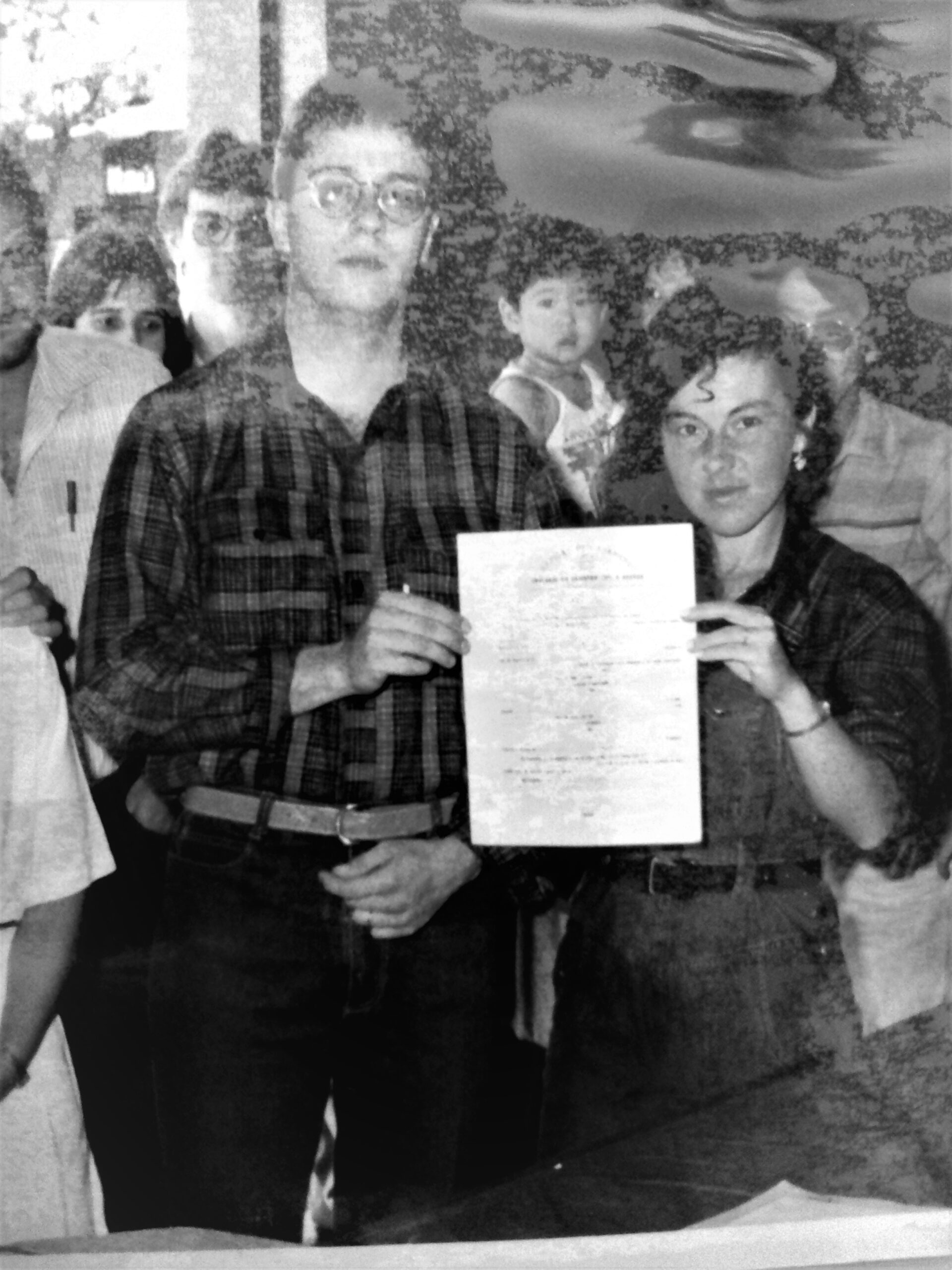
Photo gallery
About the author:
Born in São Paulo, Brazil in 1993, of Balto-Slavic origin, Jonas Otávio Bilda is a graduated Psychologist and Philosopher. He works as a free-thinking writer, translator, and proofreader.
He is the author of the books O Alvorecer das Artes do Ser (The Dawn of the Arts of Being, 2016), Cartas de um solícito acompanhante (Letters From a Solicitous Companion, 2018), A Civilização Eterna (The Eternal Civilization, 2020), O Livro de Veles (The Book of Veles, 2020), Kalevipoeg, o épico da Estônia (Kalevipoeg, the Estonian Epic, 2021), A Instrução de Amenemope (Instruction of Amenemope, 2021), Coreia, história e cultura da estrela do Oriente (Korea, History and Culture of the Star of the East, 2023). Bilda is also co-author and a pseudonymous author of more than ten other books, and a founding professor of the Curso de Filosofia Universal (Universal Philosophy Course).
Discover his work on his website BildaEscritor.com and on Instagram ( @jonasbilda ).
